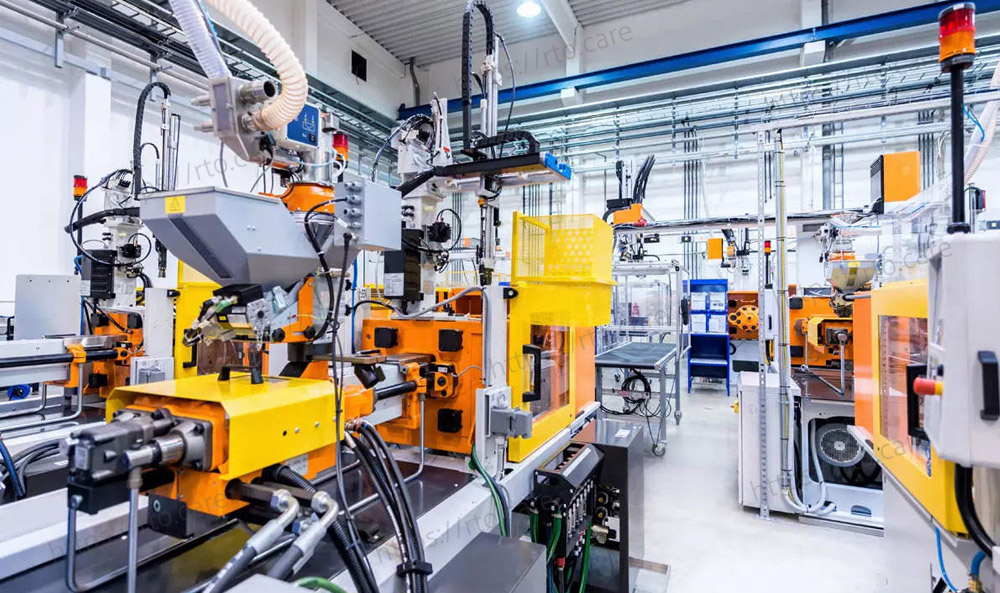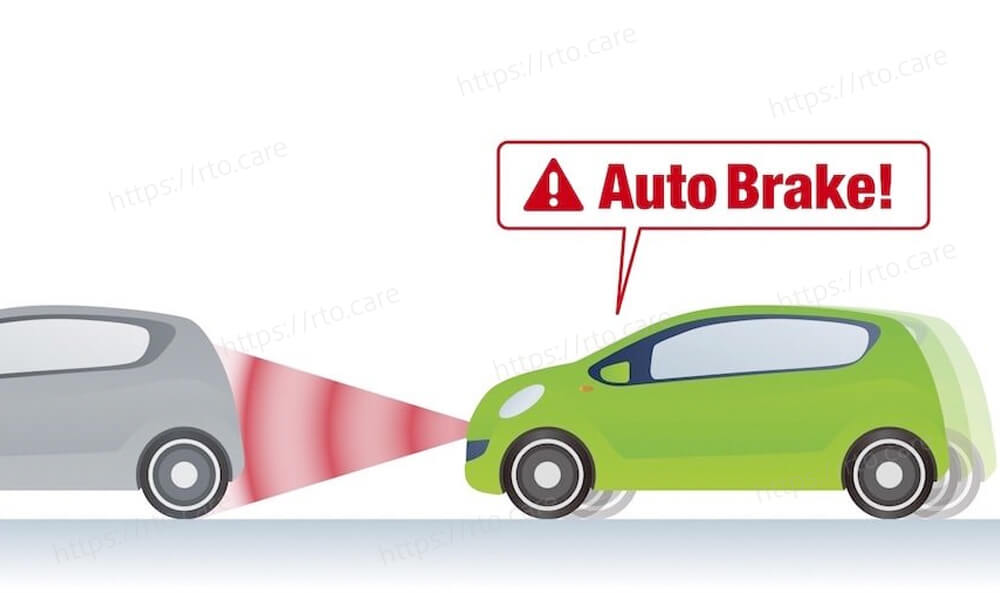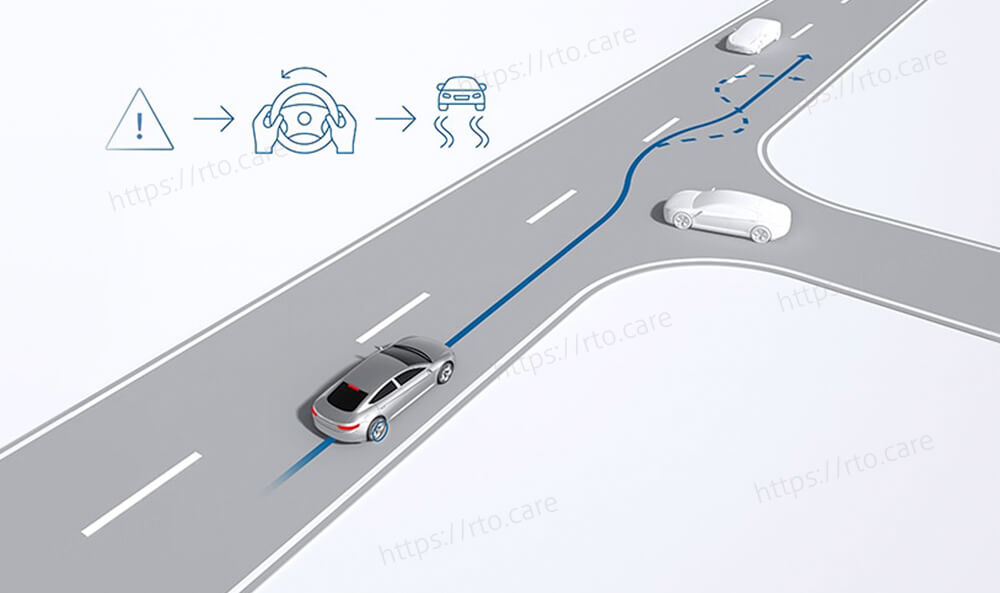No one likes an engine failure in the middle of a drive. Engine heating can be one of the reasons for such failures. Overheating can happen to any vehicle and cause permanent damages if you don’t fix it immediately.So, you must know all the causes of engine overheating to prevent it from happening.
Here we will guide you on the reasons why car engine heating happens and how you can avoid it.
Why does your car engine overheat?
A car’s engine comprises many components. Each component complements others to perform the required function. If any complication happens to one part, it impacts the whole system.For example, your car’s engine contains a cooling system. The cooling system is supposed to manage excessive heat generation. But if it stops functioning properly, it can lead to engine overheating. Similarly, there may be other reasons why your vehicle’s engine overheats.
Engine overheating may result due to the following reasons Below are the major reasons for engine overheating.
1. Lack of coolant A coolant is an antifreeze called ethylene glycol diluted with water. This solution freezes at a lower temperature than water. Thus, it serves as a better coolant than water in cold weather conditions.The role of a coolant is to maintain a suitable temperature in the engine and save it from overheating. If the coolant doesn’t reach the radiator due to pump malfunction, blockage or leak, it can cause engine heating.
2. Faulty thermostatThe thermostat of a vehicle’s engine manages the flow of coolant. It only allows the coolant to flow when the engine heats. The main valve of a thermostat stays shut if the engine is cool or idling.For some reason, if the thermostat can’t regulate the coolant flow, it can result in engine heating. This happens when the thermostat fails to open the valves, preventing the engine radiator from receiving the coolant.
3. Damaged radiator fanThe coolant flows through the radiator after absorbing heat from the engine. The radiator’s cooling fan brings down its temperature by allowing the coolant to transfer the heat to the atmosphere.In case the cooling fan is not functioning at an optimum level, it reduces the cooling efficiency of the coolant. This problem may occur due to a mechanical failure in the electric motor that runs the radiator fan.
4. Low engine oilEngine oil in your car provides lubrication and helps to reduce excess engine heat as well. If your car is running low on engine oil, it can also cause excessive engine heating.
5. Damaged expansion tankAlmost all vehicles contain a coolant expansion tank these days. It regulates the entire cooling system’s pressure. But if the expansion tank is unable to release the pressure from the radiator, it can cause overheating in the engine.How to diagnose an overheating engine?If you can diagnose the warning signs early on, it can save your car from serious damage. You already know what happens internally when a car overheats. Now, let’s talk about the signs you should notice from the outside to diagnose if a car’s engine is overheating.
Signs of car overheatingHere are some of the signs you can notice to fix the engine heating issue as soon as possible.
1. Hot bonnetIt is common for the bonnet of your car to feel warm. But, if the bonnet gets extremely hot, it means that your engine is emitting excessive heat.
2. Temperature indicatorMost cars come with an indicator that reflects the engine’s temperature. This indicator will help you realise whenever your car’s engine generates excessive heat.However, such an indicator reads the coolant’s temperature. So, you can’t trust it if car overheating is occurring due to coolant leakage.
3. Strange noiseIf you hear a ticking noise coming out of the engine, it means a lack of lubrication. This happens when the engine oil loses its ability to lubricate due to excessive heating.
4. Coolant leakageIf you find coolant leaking beneath your car, it may be causing your engine to overheat due to a lack of cooling liquid.5. Burning smell If the engine overheats, you might smell an odour of burning oil. The smell intensifies as the heat rises up to damage plastic valves, rubber seals, etc.
6. Steam coming out of the bonnetIf you are able to see steam coming out of the bonnet, it can be a sign of engine heating. This happens when the coolant starts turning into steam after reaching its boiling point.
7. Reduced performanceWhen overheated, your car’s engine won’t be able to deliver its regular performance. Combine this with other signs, and you will know when to fix the excessive heating issue in your engine.Engine overheating troubleshootingYou should know what to do when a car overheats to avoid extreme damage.
Here are the steps you can follow in case engine heating occurs.
Step 1: Switch off the air-conditioning of the car to decrease the engine pressure.
Step 2: Park your car in a safe location, shut it off and let the engine cool down for 15-20 minutes.
Step 3: Check the coolant level and add more if required.
Step 4: Restart the engine or get it towed if you’re not able to start it.
Step 5: Take the car to a professional to check for leakage, blockage or any other damage.








